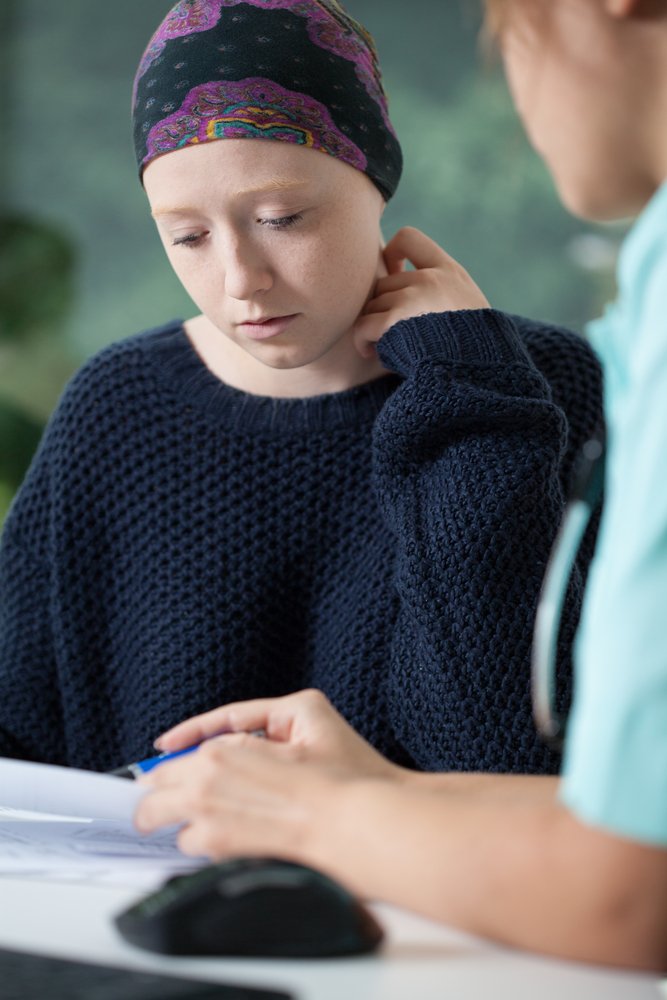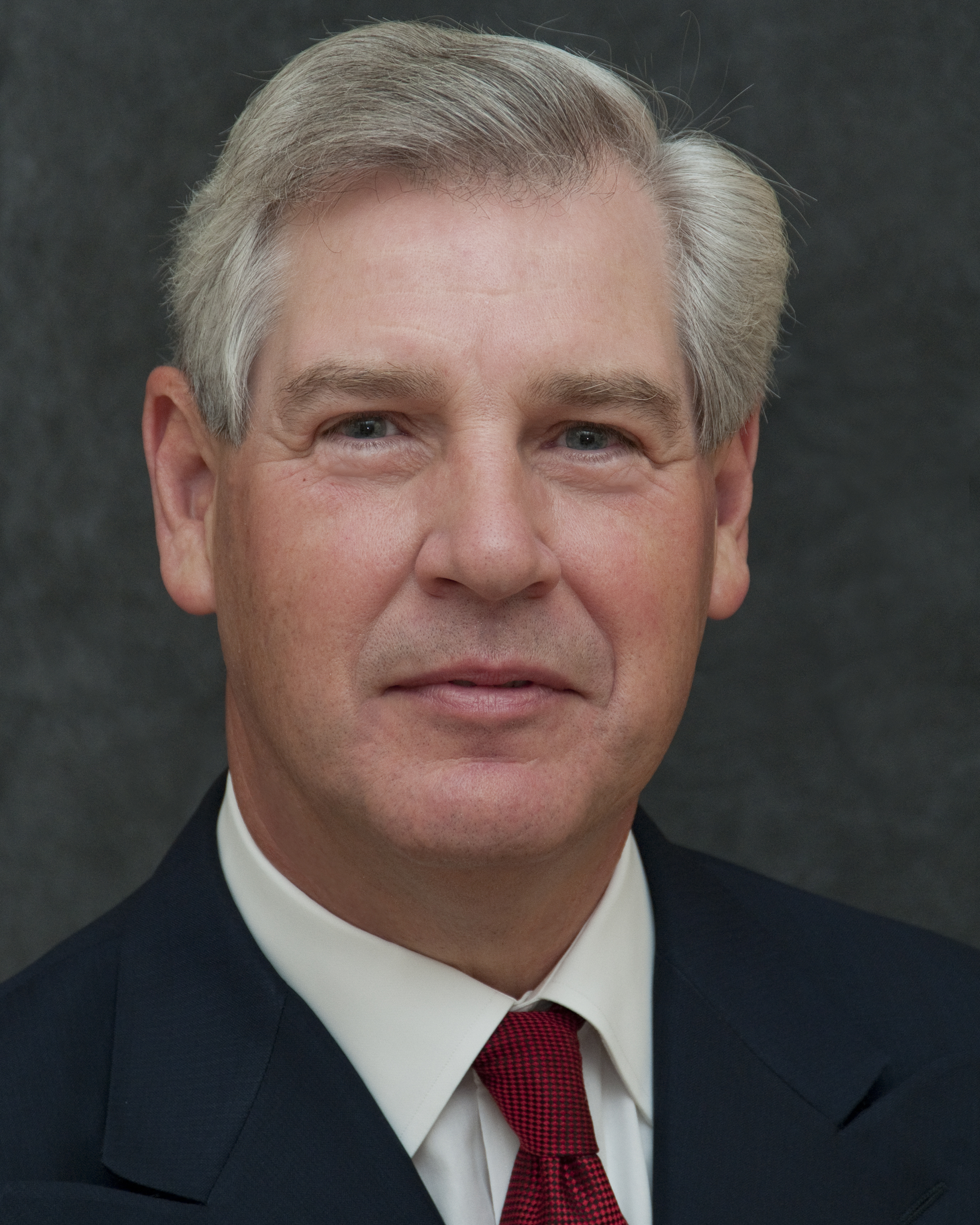I can still vividly remember the year Congress declared war on cancer. It was 1971 and I was a few months away from graduation at my college in upstate New York. There wasn't a lot of optimism in the country then - we were in the middle of the Vietnam War and protests were taking place on college campuses across the country, including my own. Little did we know that when the war in Vietnam ended, another war - the war on cancer - would continue for decades.
 Cancer is an extremely complicated disease that has impacted tens of millions of American lives. The more we learn about it the more dauntingly complex we realize it is. There are more than 200 different types of cancer and every year, more and more rare cancers are being defined.
Cancer is an extremely complicated disease that has impacted tens of millions of American lives. The more we learn about it the more dauntingly complex we realize it is. There are more than 200 different types of cancer and every year, more and more rare cancers are being defined.
The good news is that as we gain a better understanding of the scientific complexities around this devastating disease, the better grasp we have on how we can put together the great research puzzle that leads to medical advances in the oncology field.
While we still have a long way to go in treating and understanding cancer, we have also made incredible progress. An article in the New England Journal of Medicine (NEJM) last week traced the evolution of cancer progress from the early efforts to control the disease through surgery in the 19th and early 20th centuries to radiation in the 1950s, to chemotherapy in the mid-to-late 20th century, to the modern era of targeted therapies. With our newfound understanding of the molecular basis of cancer the disease has transformed "from a black box to a blueprint."
The NEJM report reinforces the fact that basic research and discovery of cancer therapies can be a long and arduous process that can often take decades and certainly a lot of patience.
The reality is that scientists can work their whole life researching and developing a medicine but might not ever live to see their work come to fruition. It might not be until one or two generations of scientists later that, using the knowledge and research libraries of their forefathers, researchers discover a new treatment.
As the science moves forward, we have moved far away from the death sentence that came along with each new diagnosis of cancer and into the new reality of some cancers being treated as a chronic condition. Today, patients have a lot to look forward to. Just last week we released a report finding that nearly 1,000 new medicines and vaccines are being developed by biopharmaceutical research companies, and many of them are targeted therapies that build on the understanding of the molecular underpinnings of cancer gained over the course of the last four decades.
Indeed, just as science has progressed, so too have the survivorship rates for cancer patients. The 5-year survival rate for all cancers was 38 percent in the late 1960s and today it is an astonishing 68 percent. This is due, in large part, to better detection and major advances made in biopharmaceutical research and discovery. If trends continue, we will reach an 80% survival rate by 2015, according to the NEJM article.
Over the course of the past two weeks, there has been a lot of conversation about all of these important advances in cancer and how far we've come to rid the world of this disease. Continued progress is not inevitable, though. The science is difficult and the business and policy environments increasingly put pressure on innovation. To move forward, we must band together to find ways to continue to advance care in an era of cost-containment.
Tomorrow, I will be participating in a national conference that brings diverse stakeholders together to find common solutions, including the public policy and medical innovation environments that are needed to ensure progress continues. I am proud to be part of this discussion to seek pathways forward and improve the future for cancer patients.
>> 6/12 Update: Watch the Turning the Tide conference live.
Just as Congress made it a national priority to combat cancer in the 1970s, it is essential that policymakers today continue to make a cancer-free nation a top priority by supporting policies that foster innovation. Everyone in the cancer research ecosystem needs to work together - industry, academia, physicians and patients - to advance our progress in the battle against cancer. We in the biopharmaceutical research industry are proud of our role in the ongoing war against cancer and will continue to do whatever we can until we can all raise the flag and claim victory.
Get updates on this subject and/or other relevant issues here. {{cta('4fe14269-44de-493b-a19c-946e0454614a')}}



 Cancer is an extremely complicated disease that has impacted tens of millions of American lives. The more we learn about it the more dauntingly complex we realize it is. There are more than 200 different types of cancer and every year, more and more rare cancers are being defined.
Cancer is an extremely complicated disease that has impacted tens of millions of American lives. The more we learn about it the more dauntingly complex we realize it is. There are more than 200 different types of cancer and every year, more and more rare cancers are being defined.